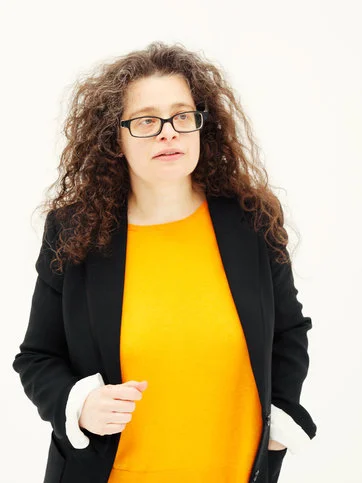Over the past 20 years, Amanda Sharp created a global art-related events and media company of the highest order. Sharp co-founded Frieze in 1991 after graduating from Oxford. For the first 10 years, the enterprise published Frieze Magazine, which became a leading magazine of contemporary art and culture.
What put the company on the map, however, was the 2003 debut of the Frieze Art Fair in London. The fair has since grown into one of the world’s most influential contemporary art fairs. Building on that success, the team launched two new fairs in 2012: Frieze New York, which takes place in May, and Frieze Masters, which coincides with the Frieze London fair and is dedicated to art made from ancient times to the 20th century.
What is behind her success? From a recent Wall Street Journal profile, “In many people’s eyes, it is their [Sharp and her co-founder Matthew Slotover] uncommon commitment to connoisseurship that at least in part explains their success; what started out as a scrappy post-university publishing adventure is now an umbrella for two art magazines of record—in English and German—as well as three fairs of international renown spread between New York and London. Inasmuch as art fairs today are no longer the exclusive stomping ground of the private-jet-owning one percent but also for the curious plenty, Frieze has played perhaps the biggest role in that shift.”
DISCLAIMER: This information is not intended to provide legal or accounting advice, or to address specific situations. Please consult with your legal or tax advisor to supplement and verify what you learn here. This is presented for informational or educational purposes only and does not constitute a recommendation to buy/sell any security investment or other product, nor is this an offer or a solicitation of an offer to buy/sell any security investment or other product. Any opinion or estimate constitutes that of the writer only, and is subject to change without notice. The above may contain information obtained from sources believed to be reliable. No guarantees are made about the accuracy or completeness of information provided. Past performance is no guarantee of future results.


